ETH News
All stories by Angelika Jacobs
Dancing droplets
News
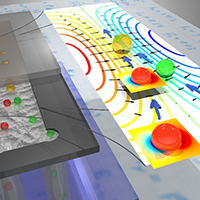
Just as the size of transistors continues to decrease, laboratories are also expected to shrink until they eventually fit on a chip. ETH Zurich researchers have developed a system of using sound waves to move, merge or sort minuscule droplets with reagents or cells in a controlled manner.
Brilliant spark for personalised therapies
News
The 2015 Spark Award goes to a group of researchers led by ETH Professor Manfred Kopf, which has developed a method by which specific characteristics of immune cells can be identified. The technology could prove to be an important tool in personalised medicine.
Data-storage for eternity
News
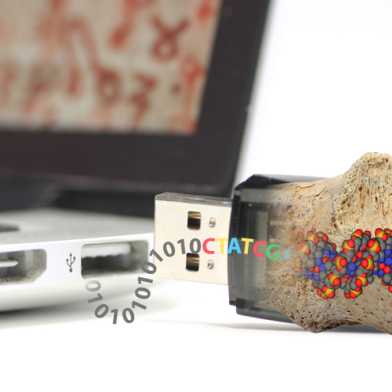
How can we preserve our knowledge today for the next millennia? ETH researchers have found a way to store information in the form of DNA, preserving it for nearly an eternity.
Cellulose with Braille for cells
News
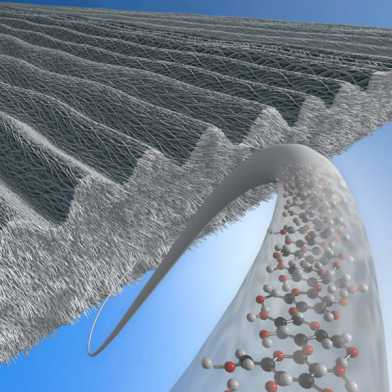
Artificial implants such as pacemakers often cause complications because the body identifies them as foreign objects. Researchers at ETH Zurich have now demonstrated a simple method to fabricate cellulose-sheaths for implants, whose micro-structured surface makes them especially biocompatible.
Bioplastic – greener than ever
News
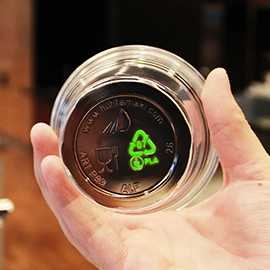
Polylactic acid is a degradable plastic used mostly for packaging. To meet the rising demand, ETH researchers have developed an eco-friendly process to make large amounts of lactic acid from glycerol, a waste by-product in the production of biodiesel.
How early trauma influences behaviour
News
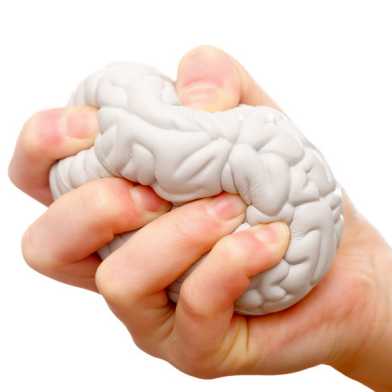
Traumatic and stressful events during childhood increase the risk to develop psychiatric disorders, but to a certain extent, they can also help better deal with difficult situations later in life. Researchers have studied this phenomenon in mice to learn how these effects could be transmitted to the next generation.
“We still have much to achieve”
News
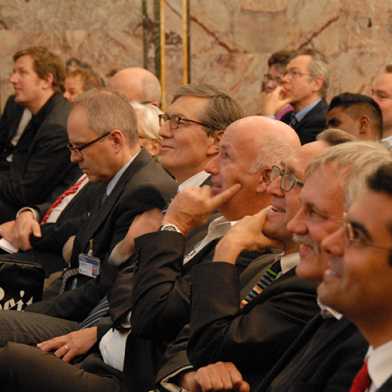
“Hochschulmedizin Zürich”, a partner association of ETH Zurich, the University of Zurich and the university hospitals, was founded three years ago. At its annual conference, the partners presented the achievements of their strengthened collaboration, along with some promising new projects for the future.
Award-winning electron observer
News
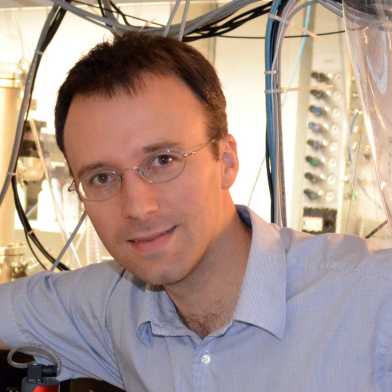
Hans Jakob Wörner is the recipient of the Klung Wilhelmy Science Award for his research on super-fast electron movements during chemical processes.
Understanding natural compounds
News
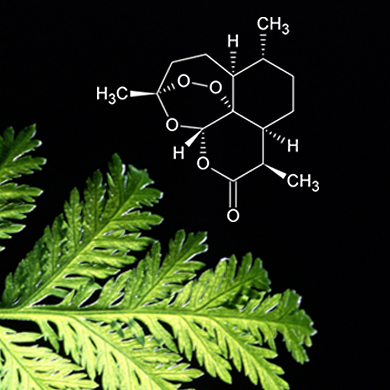
Antibiotic-resistant germs, dangerous viruses, cancer: unsolved medical problems require new and better drugs. Nature can provide the inspiration for new active agents. A computer-based method developed by a team of researchers from ETH Zurich is helping to do just that.
New approach for tuberculosis drugs
News
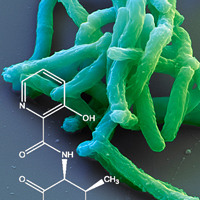
In the past 50 years, only one new tuberculosis drug has come on to the market, yet many more active substances are urgently needed. Current treatments increasingly fail due to multidrug-resistant pathogens. ETH researchers have now applied to patent a novel approach for developing new tuberculosis drugs.
A versatile joystick for animation artists
News
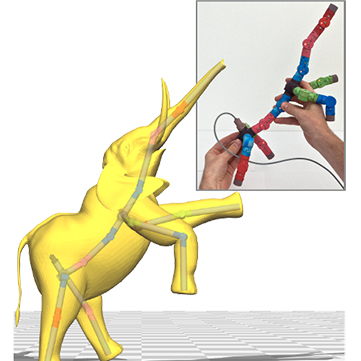
Manipulating 3-dimensional animated characters on a 2D screen is challenging and requires years of training. ETH researchers now make animation artists’ life a little easier with a new input device they can assemble into a shape similar to the virtual character.
Teaching machines how to learn
News
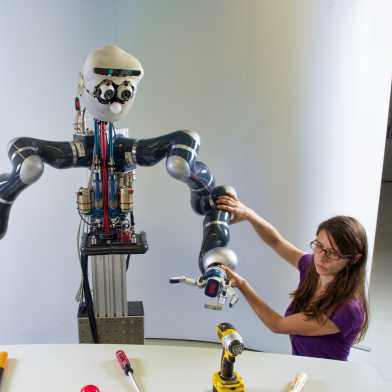
The machines that surround us in everyday life are not only becoming more intelligent, they’re also turning into gifted learners. To prepare the next generation of computer scientists for the challenges presented by this rapidly developing research area, ETH Zurich has joined forces with the Max-Planck-Institute for Intelligent Systems.
Reconciling a city with its river
News

The inhabitants of Jakarta have a difficult relationship with their river: it’s a waste carrier and an unwelcome guest in houses and on streets during the rainy season. ETH architecture students worked on concepts to reconcile the river with the city. Their ideas are currently on show at the Architecture Biennale in Rotterdam.
How the gut feeling shapes fear
News
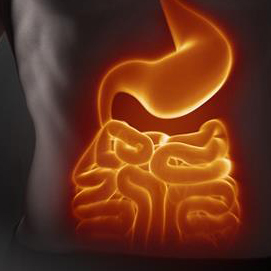
We are all familiar with that uncomfortable feeling in our stomach when faced with a threatening situation. By studying rats, researchers at ETH Zurich have been able to prove for the first time that our ‘gut instinct’ has a significant impact on how we react to fear.
U-Multirank: quality from a multidimensional view
News

Universities love to boast of their success in university rankings, but reducing the quality of an institution to a single ranking position does not do justice to the richness of the education and research landscape. U-Multirank is a new tool that aims to remedy this with its unique ‘multidimensional’ comparison of higher education institutions. Urs Hugentobler from Finance and Controlling at ETH Zurich explains how.
Male-biased Tweeting
News

Today women take an active part in public life. Without a doubt, they also converse with other women. In fact, they even talk to each other about other things besides men. As banal as it sounds, this is far from being the norm in Hollywood movies. The same goes for Twitter, as a new study shows.
Approaching the inexplicable
News
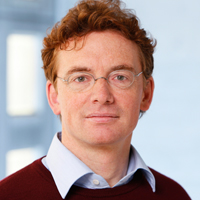
For his basic research in molecular spectroscopy Frédéric Merkt, Professor of Physical Chemistry, has received a number of awards. His research career began with a blessing in disguise.
Hot nanoparticles for cancer treatments
News
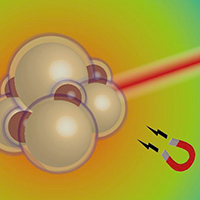
Nanoparticles have a great deal of potential in medicine: for diagnostics, as a vehicle for active substances or a tool to kill off tumours using heat. ETH Zurich researchers have now developed particles that are relatively easy to produce and have a wide range of applications.
Follow the ant trail for drug design
News
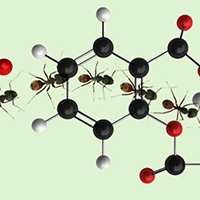
New drugs often fail because they cause undesirable side-effects. ETH researchers have developed simulation software that predicts the properties of active agents and virtually builds new ones. The software’s search process is modelled after the behaviour of ants.
Restless rivers
News

The surface of the earth is covered by a patchwork of river channels. These form the backbone of the landscape, defining boundaries or permitting communication between diverse ecosystems. However, river networks might be much more dynamic than has previously been assumed as demonstrated by researchers at ETH Zurich and MIT in Boston.
The fingerprint of music making
News
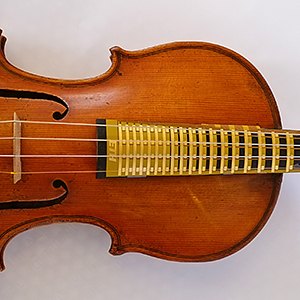
To date, little data on how man and musical instrument work together has been available. Researchers at ETH are now investigating this interplay using sensors. The measurement data collected could help make practice more effective and interesting, and help to avoid typical problems suffered by musicians such as pain due to poor posture.
Launch of a Founders Network
News
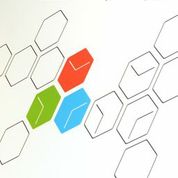
No matter what the business idea may be, start-up founders all face the same challenge: the lack of a business network. ETH Zurich has now started a Founders Community to foster more interaction between the 350 existing ETH spin-offs.
Recruiting the best minds
News

Scholarships for talented international students enable Switzerland to attract the best minds. According to a joint study by ETH Zurich and the University of Zurich, this is not “brain drain” but a networking opportunity that benefits everyone involved.
Fungi drive rainforest biodiversity
News
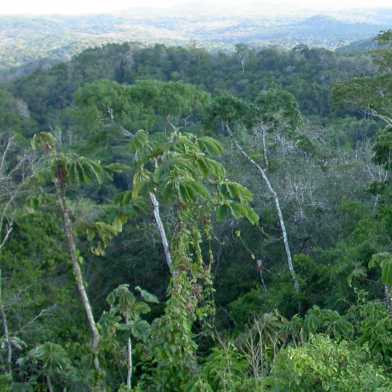
Rainforests are hot spots of biodiversity, with up to 300 plant species sharing the same hectare. An international research team has now shed light on what keeps dominant plant species in check, giving rarer species a chance to thrive.
Increased mobility thanks to robotic rehab
News
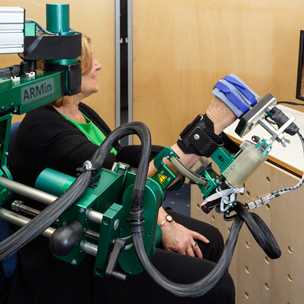
After a stroke patients often struggle with persistent paresis. ETH researchers examined whether robot-assisted therapy can help stroke patients. This form of therapy proved successful particularly with the most severely affected persons with arm paresis.
Hydrogen-powered invasion
News
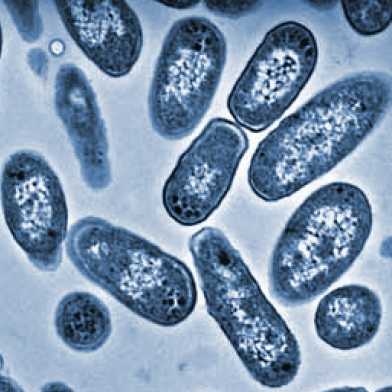
Although mankind is only just beginning to use hydrogen as an energy source, the concept has been established in nature for a long time. Researchers at ETH Zurich have discovered that the diarrhoea-causing bacterium Salmonella uses hydrogen as a source of energy to colonise the intestine.
Breastfeeding provides babies with iodine
News

WHO recommends that breastfeeding mothers without access to iodised salt should take an iodine supplement capsule to provide a year’s worth of iodine for them and their infant. ETH Zurich researchers tested the effectiveness of this method for the first time.
Observing brain activity during learning errors
News
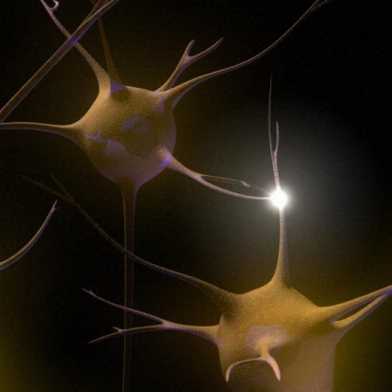
A major goal in neuroscience is to identify how a person learns. Researchers have taken an important step forward by showing that mistakes made during a learning process activate certain areas of the brain.
New antiviral response discovered in mammals
News
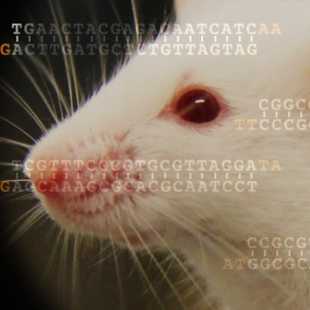
Researchers of ETH Zurich have discovered a part of the innate immune system in mice that had only been known in plants and invertebrates. This system seems more visible in stem and progenitor cells, which it protects from viral infection.
A Nobel Prize for simulating chemical processes
News
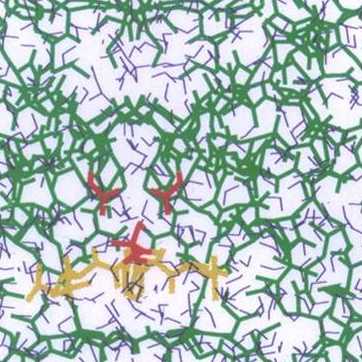
The Nobel Prize in Chemistry was jointly awarded this year to Martin Karplus, Michael Levitt and Arieh Warshel for the development of multiscale models for complex chemical systems, paving the way for computer models that are crucial for the development of new drugs.
Chasing the black holes of the ocean
News
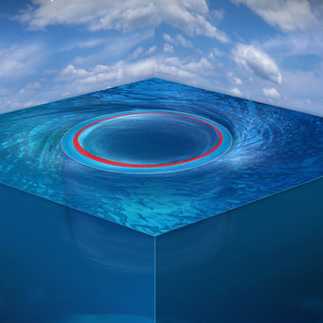
According to researchers from ETH Zurich and the University of Miami, some of the largest ocean eddies on Earth are mathematically equivalent to the mysterious black holes of space.